Regenerative farming practices are gaining popularity in New Zealand as a sustainable and profitable way to farm. Regenerative farming is a holistic approach that seeks to improve soil health, promote biodiversity, and sequester carbon in the soil. In this blog post, we will explore the benefits of regenerative farming for sustainability and profitability in New Zealand.
Regenerative Farming in New Zealand
Regenerative farming is gaining traction in New Zealand, with many farmers adopting regenerative practices such as cover cropping, crop rotation, and reduced tillage (among others).
Sustainability Benefits
One of the most significant benefits of regenerative farming is its positive impact on the environment. By focusing on soil health and biodiversity, regenerative farming practices can improve water quality, reduce soil erosion, and promote carbon sequestration. Here are some of the ways that regenerative farming can benefit the environment in New Zealand:
Improving Soil Health: Soil health is critical for sustainable farming. Regenerative farming practices such as crop rotation, cover cropping, and reduced tillage can improve soil structure, reduce erosion, and increase water retention. This leads to healthier and more productive soils that can support a range of crops and pasture.
Promoting Biodiversity: Biodiversity is essential for maintaining healthy ecosystems and supporting wildlife. Regenerative farming practices can promote biodiversity by reducing the use of synthetic fertilizers and pesticides, and encouraging the use of natural pest control methods such as integrated pest management. This can lead to a healthier and more diverse range of plant and animal species on farms.
Sequestering Carbon: Regenerative farming practices can help to sequester carbon in the soil, which can help to mitigate climate change. By promoting healthy soil biology and reducing soil disturbance, regenerative farming practices can increase the amount of carbon stored in the soil.
Profitability Benefits
Regenerative farming practices not only benefit the environment but can also lead to increased profitability for farmers. By improving soil health and reducing input costs, regenerative farming practices can lead to higher yields and more efficient use of resources. Here are some of the ways that regenerative farming can benefit farmers in New Zealand:
Reducing Input Costs: Regenerative farming practices can reduce input costs such as fertilizer and pesticide use. By reducing the use of synthetic inputs, farmers can save money and increase their profits.
Improving Yields: Regenerative farming practices can improve yields by improving soil health and reducing stress on crops. Healthier soils can support more robust and resilient crops, leading to higher yields and better quality produce.
Meeting Market Demand: There is a growing demand for sustainably produced food in New Zealand and around the world. Regenerative farming practices can help farmers to meet this demand and attract premium prices for their produce.



